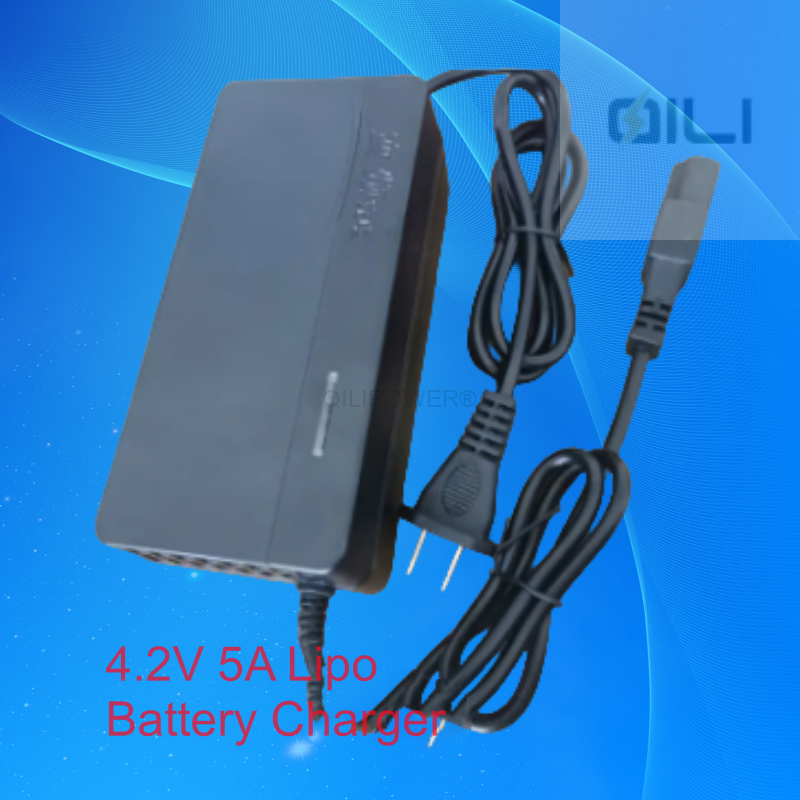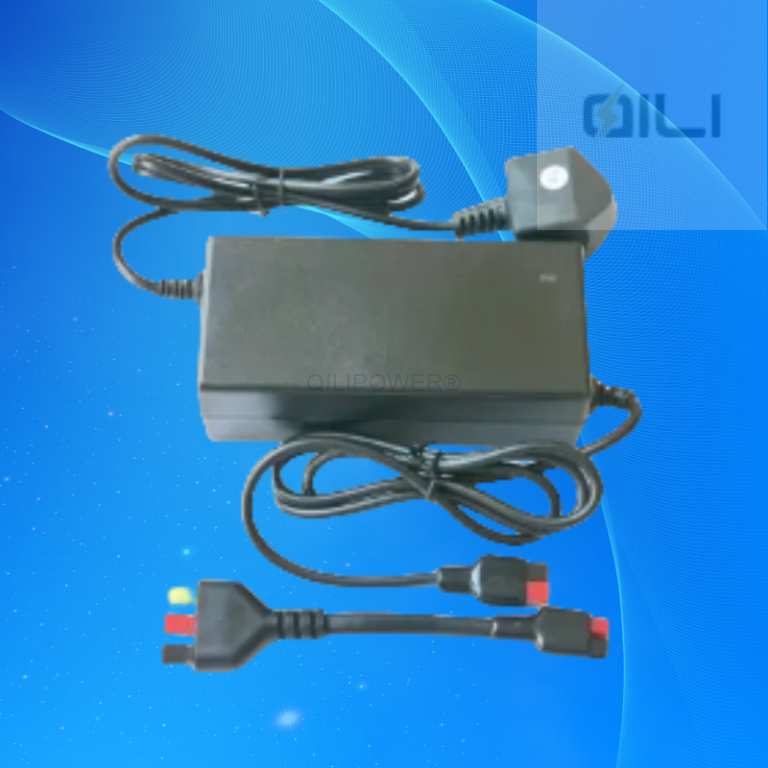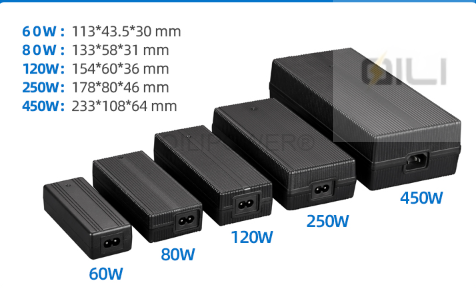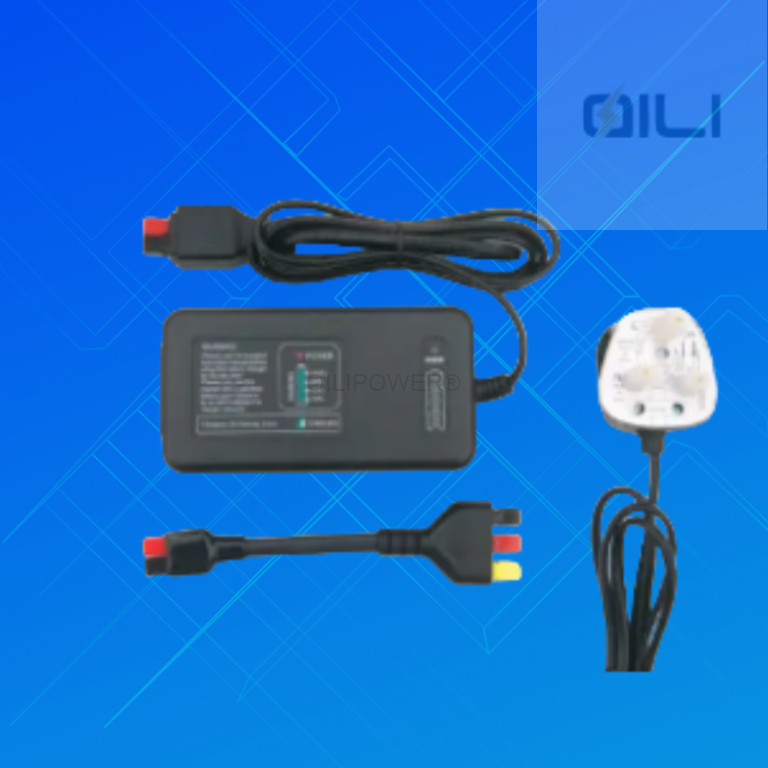Table of Contents
Exploring the Benefits of Solar Battery Chargers: A Look at the Different Types and Their Advantages
When it comes to powering our devices, solar battery chargers are becoming increasingly popular. Not only are they environmentally friendly, but they also offer a convenient and cost-effective way to keep our devices charged. But what exactly are solar battery chargers and what are the different types available? In this article, we’ll take a look at the different types of solar battery chargers and explore the benefits they offer.
| Item | 4.2V and Other Lipo Battery Charger Specifications |
| Type | Lithium battery charger |
| Usage | Universal , Home Security System, Household Electrical Appliances, Motorcycle / Scooter, Medical Devices |
| Material | ABS |
| Protection | Short Circuit Protection, Over-charging, Over current, Over voltage |
| Private Mold | NO |
| Function | Other |
| Brand Name | QILIPOWER |
| Model Number | 4.2V 5A/7A/8A/10A/13A/15A |
| Port | DC |
| Input voltage and current | 4.2V 5A/7A/8A/10A/13A/15A |
| output voltage and current | 4.2V 5A/7A/8A/10A/13A/15A |
| Output Power | 21W/29W/33W/42W/54W/63W |
| Place of Origin | China |
| Guangdong | |
| Warranty | 12 Months |
| Application | Lithium Battery |
| Color | Black |
| Package | Retail Box |
| MOQ | 1 Piece |
| Size | 110*60*50mm |
| Weight | about 265g |
| OEM/ODM | Offer |
| Input Voltage | 110-240V |
| Rated input voltage | 110-240v 47 – 63Hz |
The most common type of solar battery charger is the portable charger. These are small, lightweight devices that can be easily carried around and used to charge your devices wherever you go. They typically come with a USB port, allowing you to plug in your device and charge it using the sun’s energy. Portable solar battery chargers are great for camping trips, hikes, and other outdoor activities where you may not have access to a power outlet.
Another type of solar battery charger is the solar panel charger. These are larger, more powerful devices that are designed to be mounted on the roof of your home or vehicle. They are connected to a solar panel, which collects energy from the sun and converts it into electricity. This electricity is then stored in a battery, which can be used to charge your devices. Solar panel chargers are great for those who want to take advantage of the sun’s energy but don’t have the space or budget for a full-scale solar energy system.
Finally, there are solar car chargers. These are designed to be mounted on the roof of your car and used to charge your devices while you’re driving. They are typically connected to a solar panel, which collects energy from the sun and converts it into electricity. This electricity is then stored in a battery, which can be used to charge your devices. Solar car chargers are great for those who want to take advantage of the sun’s energy but don’t have the space or budget for a full-scale solar energy system.
No matter which type of solar battery charger you choose, there are many benefits to using them. They are environmentally friendly, cost-effective, and convenient. Plus, they can help you save money on your electricity bills by reducing your reliance on traditional power sources. So, if you’re looking for a way to power your devices without breaking the bank, consider investing in a solar battery charger today.
Comparing the Pros and Cons of AC and DC Battery Chargers: Which is the Best Choice for Your Needs?
When it comes to battery chargers, you have two main options: AC and DC. Both have their pros and cons, so it can be hard to decide which one is the best choice for your needs. Let’s take a look at the pros and cons of each type of charger to help you make an informed decision.

AC battery chargers are the most common type of charger. They are usually cheaper than DC chargers and are widely available. They are also easy to use and can be used with a variety of battery types. The main downside of AC chargers is that they can take a long time to charge a battery, and they can be inefficient if the battery is not fully discharged before charging.
DC battery chargers are more expensive than AC chargers, but they are also more efficient. They can charge a battery much faster than an AC charger, and they are better at charging batteries that are not fully discharged. The downside of DC chargers is that they are not as widely available and can be more difficult to use.
So, which type of charger is the best choice for your needs? It really depends on what you need the charger for. If you need a charger that is easy to use and widely available, then an AC charger is probably the best choice. If you need a charger that is more efficient and can charge a battery quickly, then a DC charger is probably the better option. Ultimately, the choice is up to you.





